METHODS
Published on 18 Jun 2020
A Guide to Extract Spinal Cord for Translational Stem Cell Biology Research: Comparative Analysis of Adult Human, Porcine, and Rodent Spinal Cord Stem Cells

doi 10.3389/fnins.2020.00607
- 4,997 views
- 6 citations
18k
Total downloads
76k
Total views and downloads
METHODS
Published on 18 Jun 2020

BRIEF RESEARCH REPORT
Published on 26 Nov 2019
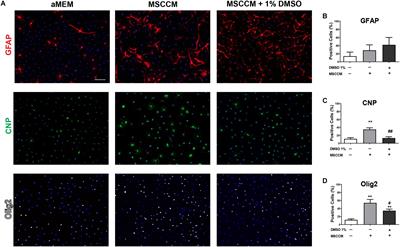
ORIGINAL RESEARCH
Published on 03 Sep 2019
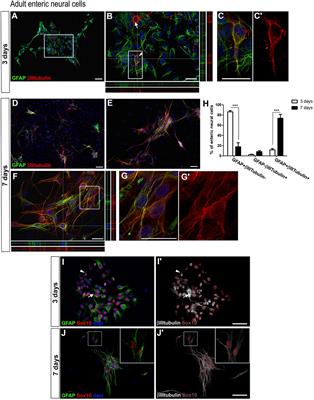
ORIGINAL RESEARCH
Published on 08 Aug 2019
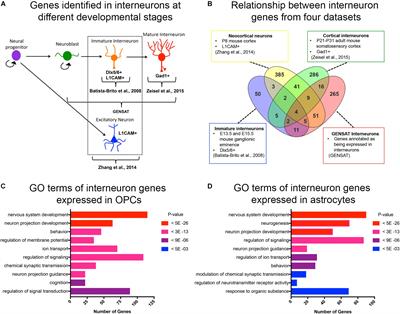
REVIEW
Published on 26 Mar 2019
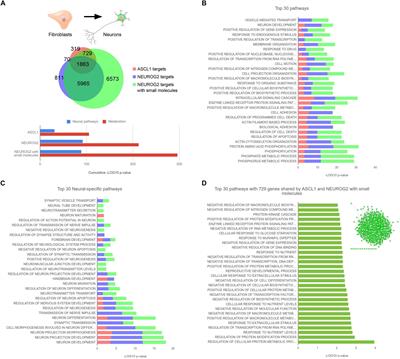
ORIGINAL RESEARCH
Published on 11 Dec 2018

ORIGINAL RESEARCH
Published on 15 Nov 2018

REVIEW
Published on 05 Nov 2018
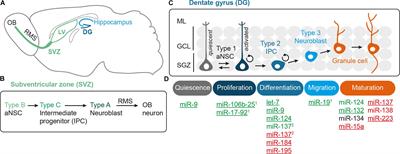
MINI REVIEW
Published on 02 Nov 2018
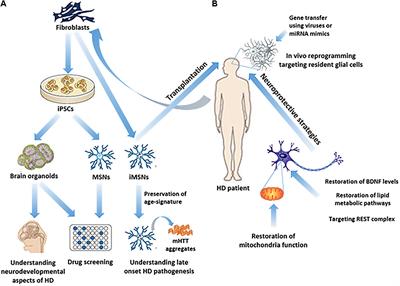
PERSPECTIVE
Published on 26 Sep 2018

MINI REVIEW
Published on 02 Aug 2018
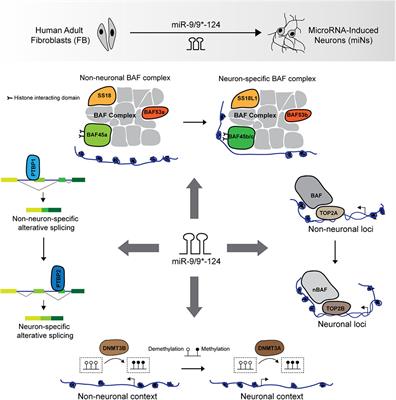
ORIGINAL RESEARCH
Published on 08 Jun 2018

